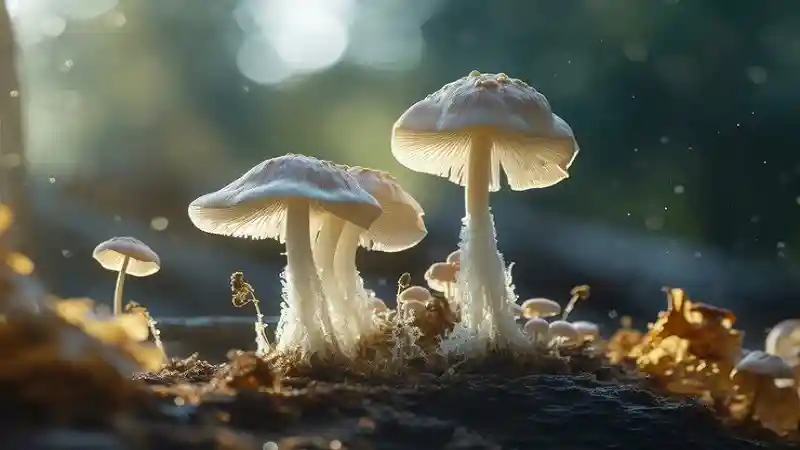Shrooms or Psilocybin mushrooms contain the psychoactive compound called psilocybin and have been historically used in different spiritual and healing traditions. Their use in recent years has spread amongst youths as they engage in recreational activities.
However, shrooms are not known to create physical dependence, but they cause psychological dependence. Therefore, for those planning to quit this substance or are already undergoing the process of withdrawal, it is essential to know how long mushrooms stay in your system and what to expect during the detoxification process.
The Withdrawal Experience
Essentially, withdrawal symptoms associated with the use of psilocybin mushrooms do not resemble those of alcohol or opioids. However, psychological withdrawal should not be overlooked. If a patient has been consuming shrooms regularly and suddenly stops, they are likely to struggle with several emotional challenges and mental health.
Common withdrawal symptoms
If you ask how long do mushrooms stay in your system, remember that as the brain regains normal functioning, one is likely to experience anxiety. This may present itself as generalized anxiety disorder, panic disorder, or simply the persistent and pervasive feeling of being restless or on edge.
The stimulating and hallucinating effects of shrooms can change the perception of reality, whereby the real world may appear boring or even unbearable. This contrast may lead to depression, and the lack of a drug to counter this can be life-threatening.
Also, during the withdrawal phase, emotional instability, such as mood swings and irritability, is observed as the chemicals in the brain come back to normal. This results in an urge to get away from these unpleasant emotions, which leads to a strong desire to take shrooms.
The Detoxification Process
The shroom detoxification process involves letting the body and the brain acclimatize to the drug-free environment. Shroom detox does not pose as many complications as other substances that necessitate a medically supervised detox program due to lethal withdrawal symptoms.
But even though shrooms do not entail severe physical withdrawal, mental help may be helpful, particularly for patients with other psychiatric conditions. nurses and psychiatrists can support patients in controlling anxiety, depression, and other psychological issues associated with the detoxification process.
How To Move Forward
The recovery from psilocybin mushrooms requires more than just the cessation of using the substance. It needs an intervention that takes care of the psychological dependence aspect and the other facets that may be associated with substance use.
Interventions such as regular physical exercise, meditation, art, and other well-being activities, can be used to create a meaningful life. These activities help alleviate stress and make the body naturally produce dopamine, which helps in reversing the chemical imbalance caused by the substance.
Moreover, support groups and counseling sessions are vital after the initial treatment to avoid relapse and support the recovery process. Patients should understand that recovery is a lifetime process, so it is essential to have a strong supportive network.
Summary
If you are wondering how long mushrooms stay in your system, remember that the withdrawal and detoxification from psilocybin mushrooms can be a challenging but still quite rewarding experience. Even though shrooms are not physically addictive, the psychological addiction is very compelling. Therefore, medical treatments, therapy, and lifestyle modifications can help patients break the chain and regain control over their lives.

